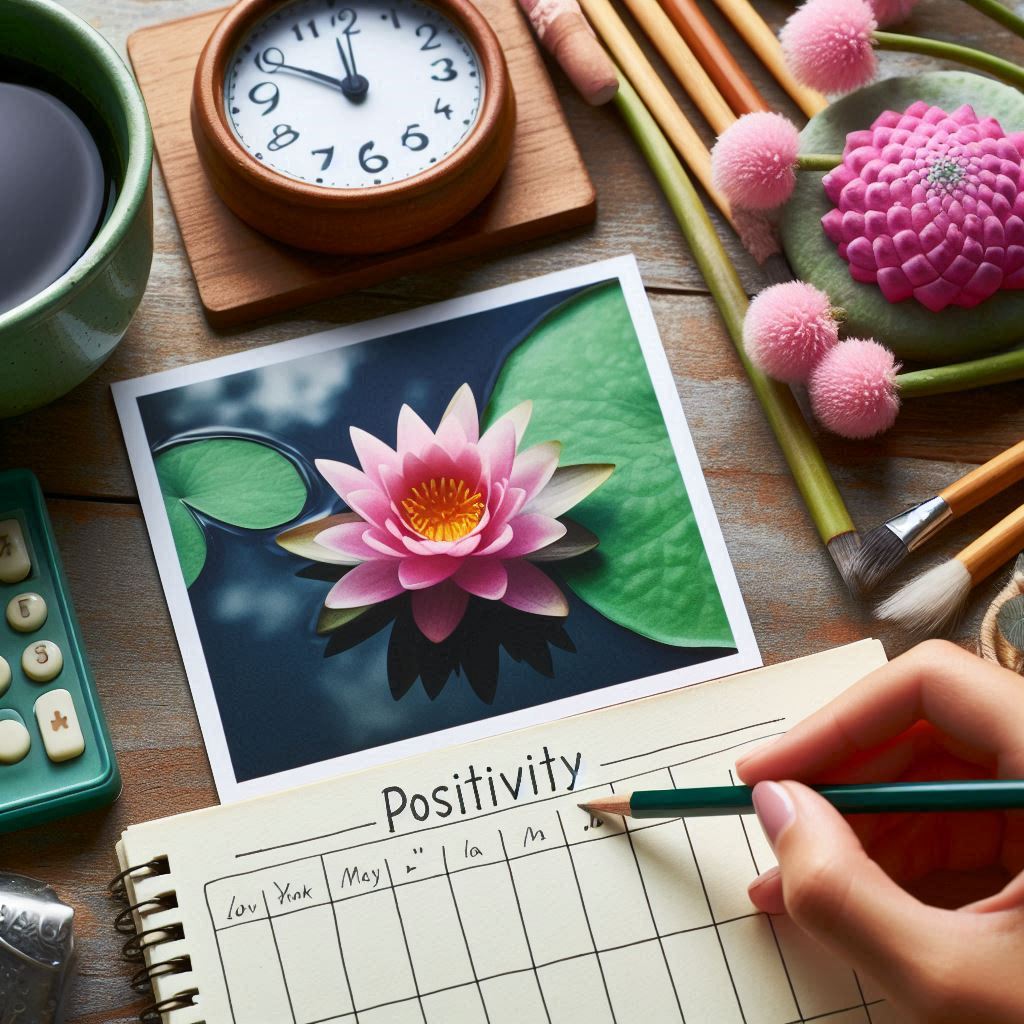How Mindfulness Enhances Self-Awareness
- Observing Thoughts and Feelings: Mindfulness creates space between you and your thoughts, allowing you to observe them without immediate reaction or judgment.
- Body Awareness: Paying attention to physical sensations helps you recognize how emotions manifest in your body and can serve as early warning signs.
- Identifying Triggers: Regular mindfulness practice helps you notice patterns in what activates strong emotional responses, enabling more conscious choices.
- Understanding Values and Goals: Quiet reflection cultivates clarity about what truly matters to you, helping align your actions with your authentic self.

